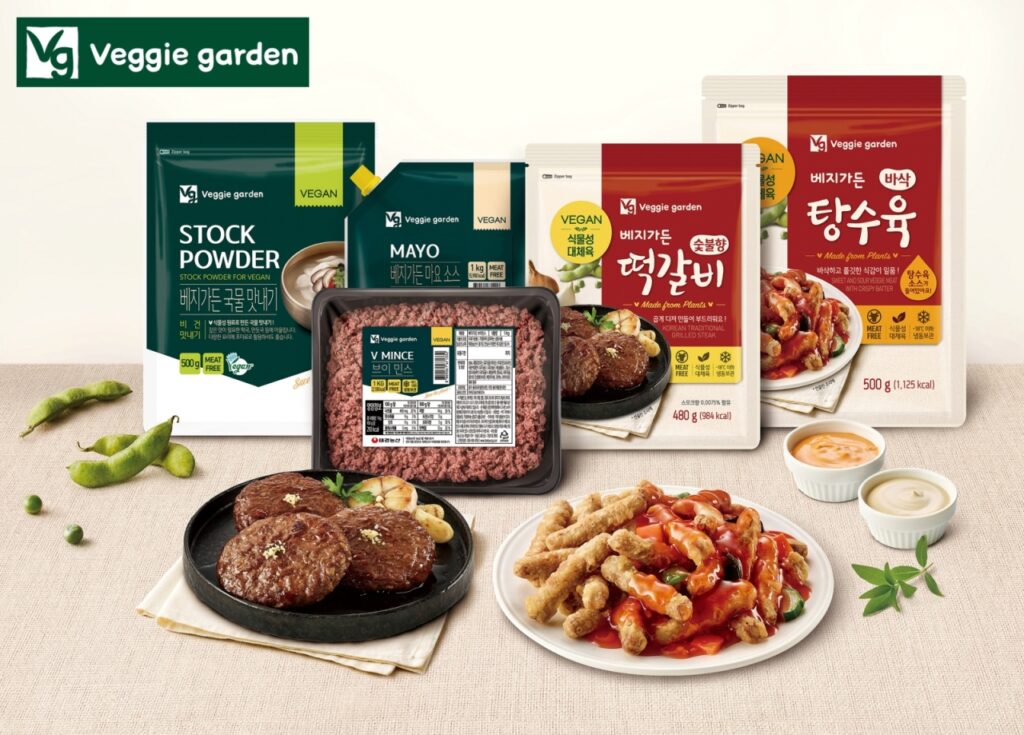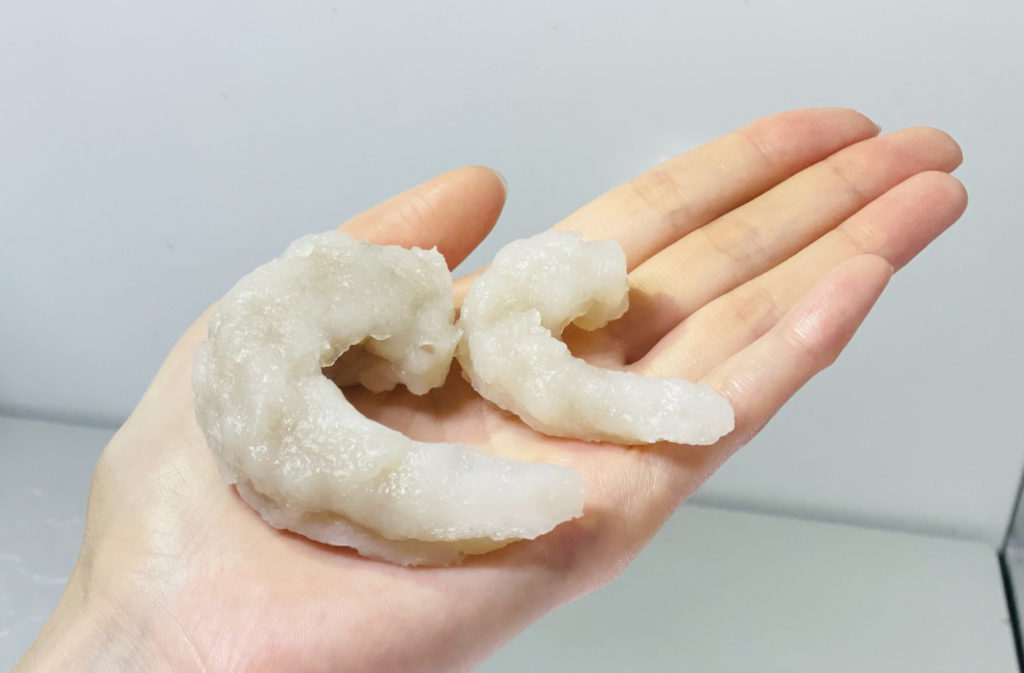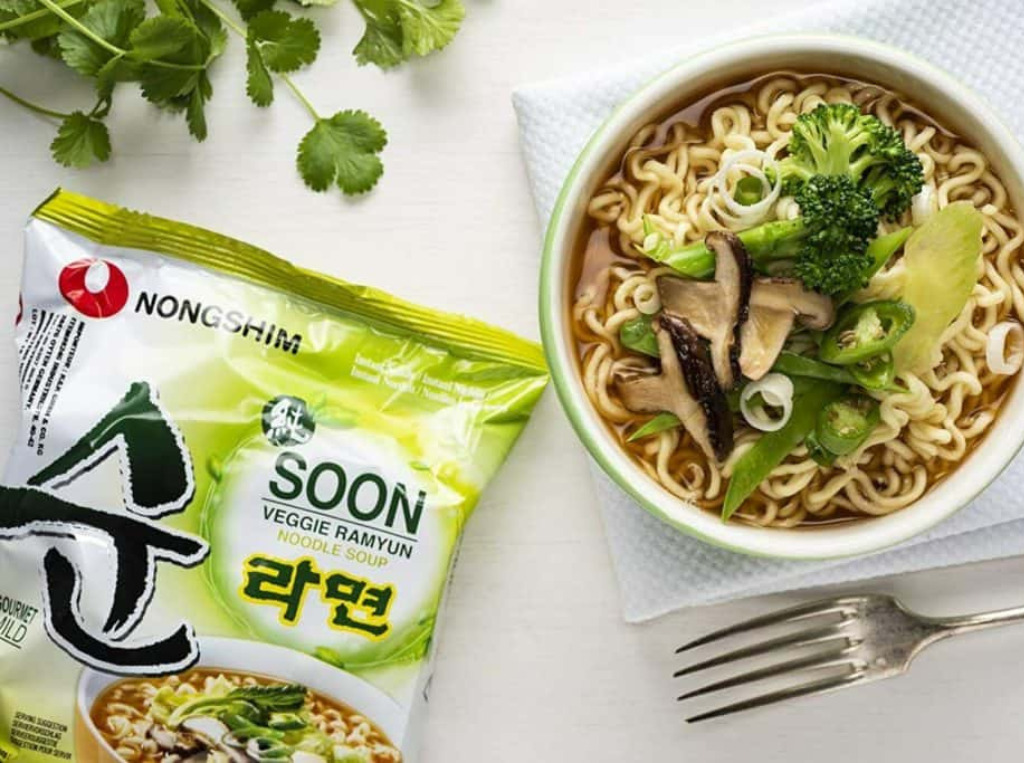Nongshim: South Korean Food Giant to Invest $7.4M in Food Tech with Cultivated Meat Focus
3 Mins Read
South Korean food and drink giant Nongshim is investing ₩10B ($7.4M) in venture funds aimed at incubating food tech startups, particularly those working with cultivated meat.
Nongshim, the company behind the ultra-famous Shin Ramyun noodle brand, will pour the capital into helping discover and foster emerging companies working with the future of food in South Korea, particularly in areas like smart farming, digital transformation and cultivated meat, which it views as the closest and most viable alternative to conventional meat in the future.
The ₩10B ($7.4M) will be split equally into two Seoul-based two startup funds managed by Stonebridge Ventures and IMM Investment, with the food and drink giant aiming to champion trailblazing startups that can transform the food value chain.
Veggie Garden and ‘smart farm’ deals

Nongshim has its own alt-protein brand called Veggie Garden, which makes plant-based products ranging from bibimbap and bulgogi to grilled steak, dumplings and cheese. It also runs Forest Kitchen, a vegan fine-dining restaurant in southern Seoul, which opened in May 2022.
Additionally, the company – South Korea’s largest instant noodle maker – signed deals with the UAE and Saudi Arabia earlier this year to export smart farms to produce South Korean varieties of strawberries all year round. The latter project is worth a potential $30M, and Nongshim plans to generate business opportunities of over $100M with high-value-added crops.
It began investing in startups with the launch of its Nongshim techUP+ programme in 2018, and says the value of the stakes it has invested in has more than doubled. But while its ₩10B investment is a positive move, Nongshim’s sales and net profit in the first half of the year were ₩1.7T ($1.2B) and ₩99B ($72.9M), respectively.
“Investment in startups was decided following internal reviews,” a Nongshim spokesperson told Korea JoongAng Daily. “But we’re investing through specialised investment funds to conduct a more in-depth evaluation and to explore more deeply.”
Plant-based and cultivated meat focus in South Korea

Cultivated meat is on the rise in South Korea. In February, 28 industry stakeholders signed an MoU to advance the country’s cultured meat industry, while a month later, the North Gyeongsang province opened the North Gyeongsang Cellular Agriculture Industry Support Center. The 2,309 sq m facility was built over six years with a total investment of ₩9B ($7M) with the aim to develop biomaterials and support companies in the cultivated meat sector.
These developments came after the nation’s Ministry of Food and Drug Safety included official guidance for alt-protein in its National Plan 2022, covering the safety, manufacturing processes and regulatory approval of cultivated meat.
Meanwhile, cultivated seafood pioneer CellMEAT, which has created prototypes of cultured Dokdo shrimp and caviar, beat US companies in developing an FBS-free growth medium in December 2021. Other companies working in this space include TissenBioFarm, Simple Planet, CellQua and SeaWith.
And in terms of plant-based food, more and more consumers are adopting vegan food. The Korean Vegetarian Union said that in 2020, there were around half a million strict vegans in the country – a threefold increase from a decade ago. Similarly, 1.5 million people followed vegetarian or plant-forward diets, while nearly 20% of the population (around 10 million) estimated to be flexitarian.
Industry think tank the Good Food Institute, meanwhile, has called South Korea a “global hotbed of alternative protein innovation”, with companies like Unlimeat, Lotteria, Armored Fresh and Yangyoo some of the plant-based leaders joining the aforementioned cultivated meat players in building a thriving industry.



